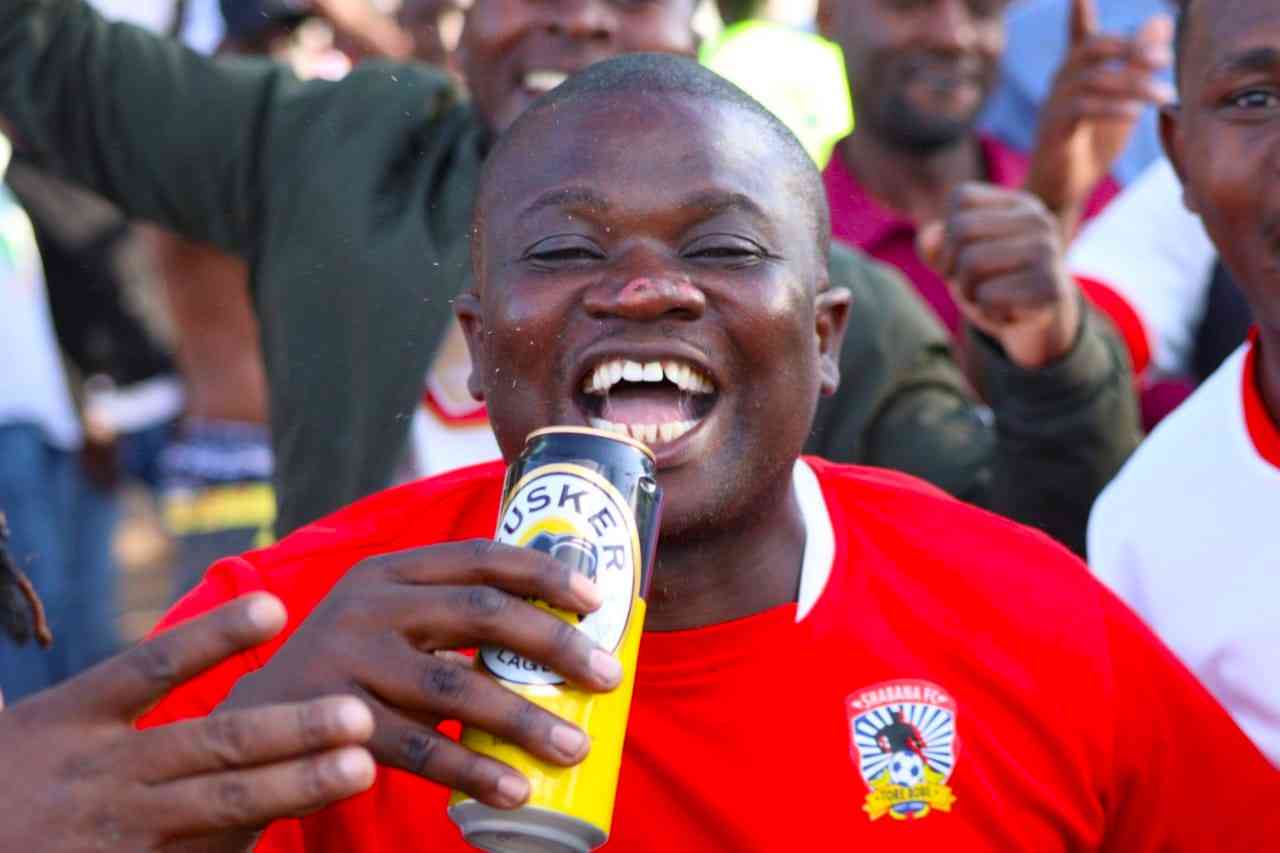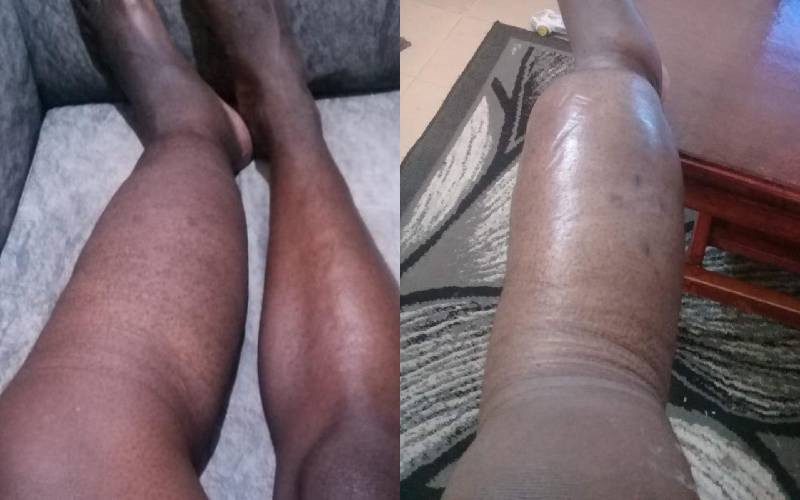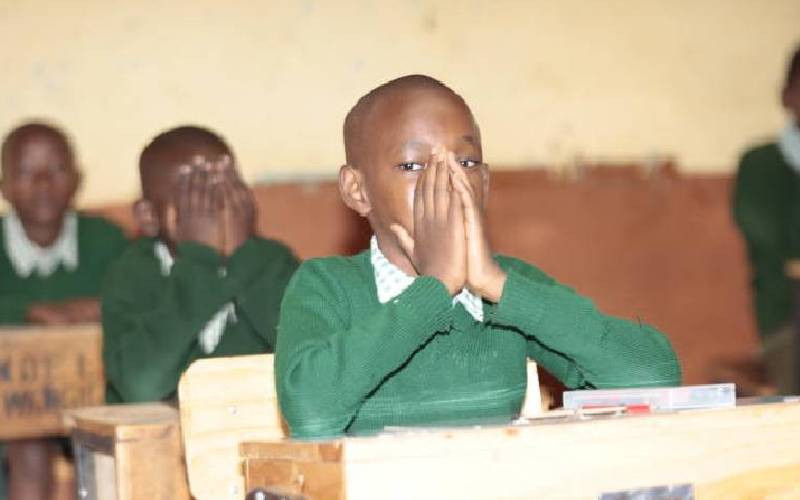Globally life expectancy has been rising; we are living longer, thanks to advances in medicine. But why do women live longer than men in almost all countries of the world? In 2013 for example, women life expectancy was 4.4 years more than men globally. In Kenya, women are expected to live on average 3.25 years longer than men for the data 1960-2013. We all aspire to live longer and more happily, but why should one gender live longer under the same sun?
In the last two decades, everyone has been defending the girl child, should we shift to boy child now that there is historical injustice against men, costing them years of their lives?
Genes is the first blame for men’s shorter life. Is it true that women despite being called weaker are the stronger sex? Have you noted the high number of widows in most villages and hamlets? Giving birth and taking care of the next generation gives women longer lives. I have noted with some curiosity that women who give birth to more children seem to live longer and healthier lives.
Thomas Perls, a geriatrician at Harvard Medical School notes that “Menopause protects older women from the risks of bearing children late in life, and lets them live long enough to take care of their children and grandchildren.”
Lifestyle is the other blame for the short life expectancy for men. They take more alcohol, often seen as a sign of manhood. In the past you had to be of a certain age to take alcohol, nowadays money seems to matter more than your age. Were there any rehabs in our traditional societies?
Add the fact that alcoholism leads to accidents and irrational behaviours particularly if you are young. No wonder young men were kept off alcohol.
Men engage in irresponsible sex more than women. I do not think men are more prone to crime than women. Most victims of crime are men too. It has been argued that societal expectations lead men to crime. For women, there are likely to be lots of men willing to take care of them, for a lifetime, irrespective of their education level or economic status. In fact they compete to marry you particularly if you have what men define as beauty.
Men are on their own. They are supposed to be providers despite the economic realities which often put them at a disadvantage in the job market. The pressure to keep up with peers with no assistance is often explosive, leading to crime or related behaviour. Does it surprise you that most corruption cases involve men?
Modern economic system seems to favour women because of their flexibility and some say obedience. Women seem to be less choosy for jobs. That is more noticeable along the immigrants to countries like USA. That puts men who grew up in Africa at a huge disadvantage.
Even in school, women are seen as less disruptive and more focused. Perhaps that is why the percentage of women in our universities in corporate sector is going up.
The pressure to be “a man” is what drives lots of men into costly behaviour. Yet, all the activities that made men “men” from hunting to fighting are now rare. No wonder men get into crime often to show they are men.
Take a simple example of holiday festive season; how does a man feel when his peers take their girls, wives or mipangos out and he can’t?
Others observers have argued that women live longer because we carry their burdens. And it starts early. Your parents were more likely to visit you in school as a girl than as a boy. Boys are supposed to be handy, not cry.
Women have no shortage of men to carry their burdens both emotional and otherwise. That includes their parents. A woman can run away from her abusive husband back to her parents. What of a husband with abusive wife? Noted how your mother in law can fit into your house but not your father in law?
Once married, the husband takes over the burdens. Some women earn money but their money is theirs, as the man pays school fees, buy food, take care of mother in law and carry other burdens. Men take that with stride because it is considered heroic. Men do not share their problems, it’s unmanly. Women do that easily, including very intimate problems; relieving them stress, a key cause of many diseases.
Stay informed. Subscribe to our newsletter
The decline of religion, which gave man a privileged position, may be causing him more stress, and shorter life.
However, it has been observed that the gap between men and women longevity is narrowing as more women adopt our bad behaviour from taking alcohol to smoking. One brewing company in Kenya even came up with a beer targeting women. What options do men have in 2016?
In some Kenyan communities, there is an attempt to return to the traditional initiation ceremonies to create the “real man” after some churches took over the show.
It seems that men have realised that cards are stuck against them and women are doing better. That is why they are admiring their lifestyles including their attire, from head gear to earrings. The word sugar mummy may not have as much negative connotation as it used to. Have you heard the cry from our well educated women on the lack of “quality men”, often meaning well educated and rich?
Men will continue being judged not by their height or weight, but economic muscle. The entry of terms like affirmative action and gender balance into our constitution will continue threatening men’s traditional positions in society and even in homes.
Men can only retain this position by working harder and longer. Will that create new stress for men? Have you noted that though lots of politicians have been collapsing during functions, none is a woman?
Men must also accept the new normal, where they have to compete with women for power and prestige. But before they accept the new normal, a number will suffer emotionally. That could be reflected through alcohol, substance abuse and early deaths.
The lobby groups like Maendeleo ya Wanaume might not get much traction, we rarely sympathize with men. There is also a big risk that men will be permanently relegated to second class citizens after failing to handle the stresses of the new changes. I saw that in USA Deep South particularly in Mississippi.
In the USA’s historically black colleges and Universities (HBCUs), women made 61 percent female of the student population in 2011 up from 53 percent in 1976, national education statistics in the US indicate. Getting a well educated black man is very difficult even for marriage.
That has led to very high levels of single parenthood and social problems resulting from this thereof.
Some parts of Kenya, particularly central Kenya are mimicking Mississippi with kids bearing their mothers surname. Am surprised that no leader from this region has ever seen how this naming system erodes the confidence of the next generation.
The cost of being man can be reduced by sharing it with the society and the family. If it is not shared the whole nation will lose. Men must accept that things have changed and may be irreversibly and the good old times might never return. One hopes that men will become men again and women will become glad again, to quote a former Alliance High School principal, Laurie Campbell. Adjusting to new realities could be another way to reduce the high cost of being a man.
 The Standard Group Plc is a
multi-media organization with investments in media platforms spanning newspaper
print operations, television, radio broadcasting, digital and online services. The
Standard Group is recognized as a leading multi-media house in Kenya with a key
influence in matters of national and international interest.
The Standard Group Plc is a
multi-media organization with investments in media platforms spanning newspaper
print operations, television, radio broadcasting, digital and online services. The
Standard Group is recognized as a leading multi-media house in Kenya with a key
influence in matters of national and international interest.
 The Standard Group Plc is a
multi-media organization with investments in media platforms spanning newspaper
print operations, television, radio broadcasting, digital and online services. The
Standard Group is recognized as a leading multi-media house in Kenya with a key
influence in matters of national and international interest.
The Standard Group Plc is a
multi-media organization with investments in media platforms spanning newspaper
print operations, television, radio broadcasting, digital and online services. The
Standard Group is recognized as a leading multi-media house in Kenya with a key
influence in matters of national and international interest.








